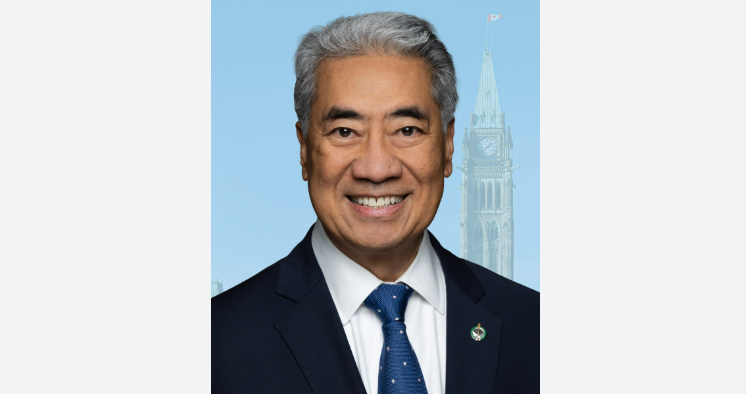‘Frustratingly slow:’ teachers’ union without a contract weighs in on negotiations
Posted Jan 25, 2023 12:30:00 AM.
Ontario’s four teachers’ unions have been without a contract since last August, and it appears they are nowhere closer to reaching a deal with the Ford government.
Barb Dobrowolski, President of the Ontario English Catholic Teachers’ Association (OECTA), tells CityNews that her union and the government have not even agreed on which key issues will be bargained at the main table yet.
“We’ve been meeting about three or four days per month which is a pretty slow pace, a little bit frustratingly slow,” she said. “It has been slow, especially if you compare what it was like in the previous round of bargaining. We’d like more dates; we’d like to make a little bit more progress.”
Talks with all four teachers’ unions, OECTA, the Ontario Secondary School Teachers’ Federation (OSSTF), the Elementary Teachers’ Federation of Ontario (ETFO) and Association des enseignantes et des enseignants franco-ontariens (AEFO), have been ongoing under a media blackout.
Karen Littlewood, President of OSSTF, said they’ve made some slight progress but “nothing substantial. “We have not hit impasse, we’re still going, but not much is happening.”
“We’re all just plodding away at bargaining, it’s a pretty typical bargaining and it’s kind of a wait and see what’s going to happen.”
Littlewood said Ford has assured them the pay increase will be above one per cent after three years of the cap due to Bill 124, but she added “it doesn’t take a whole lot to be more than one per cent, it takes a bit more though to try to meet the needs of the workers.”
“What we’re running into right now is people who are really exhausted, the conditions aren’t great, the post-pandemic recovery has been incredibly challenging, we have lots of absences, and we have people leaving the system,” said Littlewood.
When asked by CityNews why talks with the teachers have been moving slowly, Education Minister Stephen Lecce’s spokesperson said, “The Crown continues to bargain in good faith with our education sector partners to provide families stability and keep kids where they belong: in class right until the end of the school year.”
Lecce later added they have always been available to meet with their education labour partners.
“We want to get on with getting these deals done, provide stability for children so they can stay in school, learn and rebuild the skills that have been lost in the challenges that have been created as a result of the pandemic,” continued Lecce. “We will do everything humanly possible, as we’ve demonstrated in the past months to meet with them in good faith, to have productive discussions that lead to a deal.”
Meanwhile, ETFO president Karen Brown said they are very happy with the progress made with the government. “There’s still some outstanding issues but I think that has set a good tone for where we’re going to be leading into for teacher bargaining.”
“Both sides are a lot closer than we are further apart … conversations at the table have been very collegial,” added Brown. I think there’s been a real commitment on both sides to stay at the table as long as possible and to work out some of our issues.”
Brown added they are not yet at the point yet of where they would be taking strike votes or mobilizing their members.
“If we feel when we’re in teacher bargaining, we get to a point that things aren’t progressing and we need to mobilize our members, absolutely, we’ll engage in that process.”
Littlewood agreed. “Until there’s something substantial being offered or a reason to take a strike vote, we’ll continue on as we are.”
We are trying to make sure that we provide as much stability as possible for the students of the province and I’d say right now it’s in the government’s hands,” added Littlewood.
Ontario education workers, represented by Canadian Union of Public Employees (CUPE) voted in favour of a new contract with the Ontario government in early December following a walkout in November.
Dobrowolski said her union is looking for wage increases, noting that teachers “have been affected by the cost of living, just like all Ontarians are and so that that’s something definitely that’s top of mind for members.”
She said there are other demands as well, including “making sure that our students are really well supported in our classrooms.”
Brown said they are focused on the issues of violence in the classroom and at schools, workload, and compensation.
Dobrowolski added she expects negotiations could stretch into the next school year.
With files from Meredith Bond.








